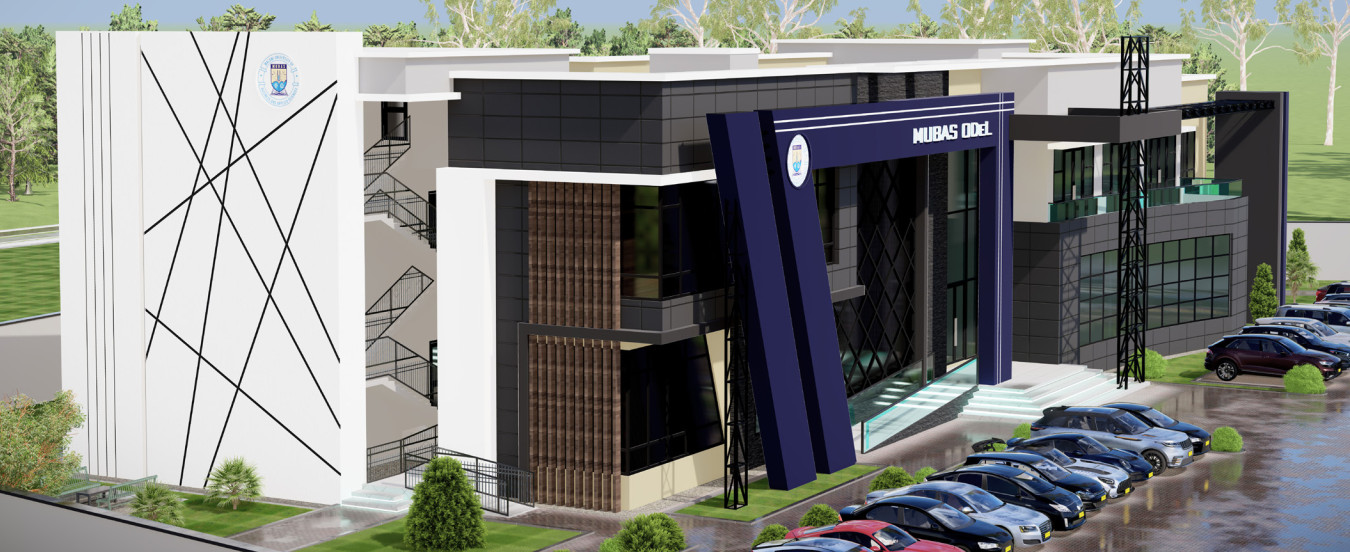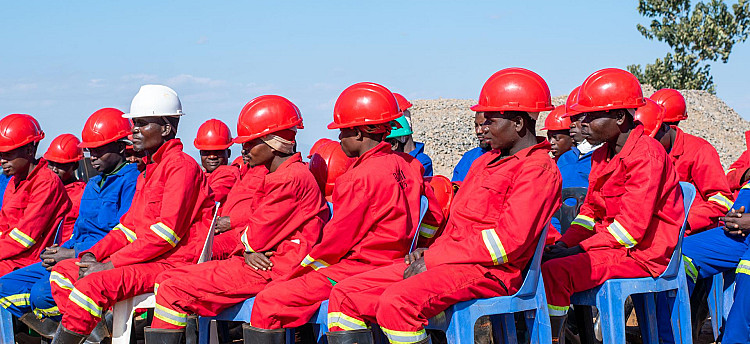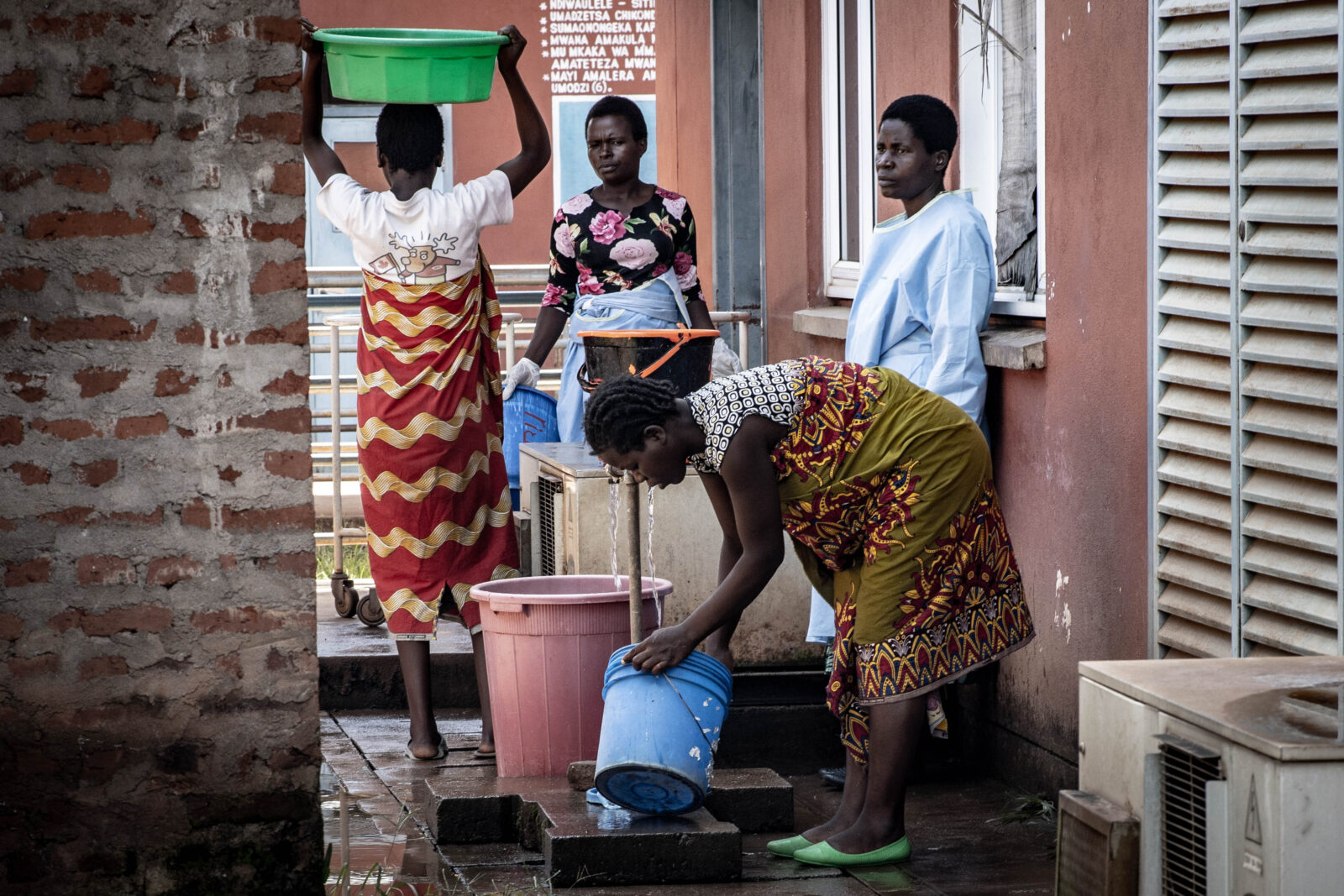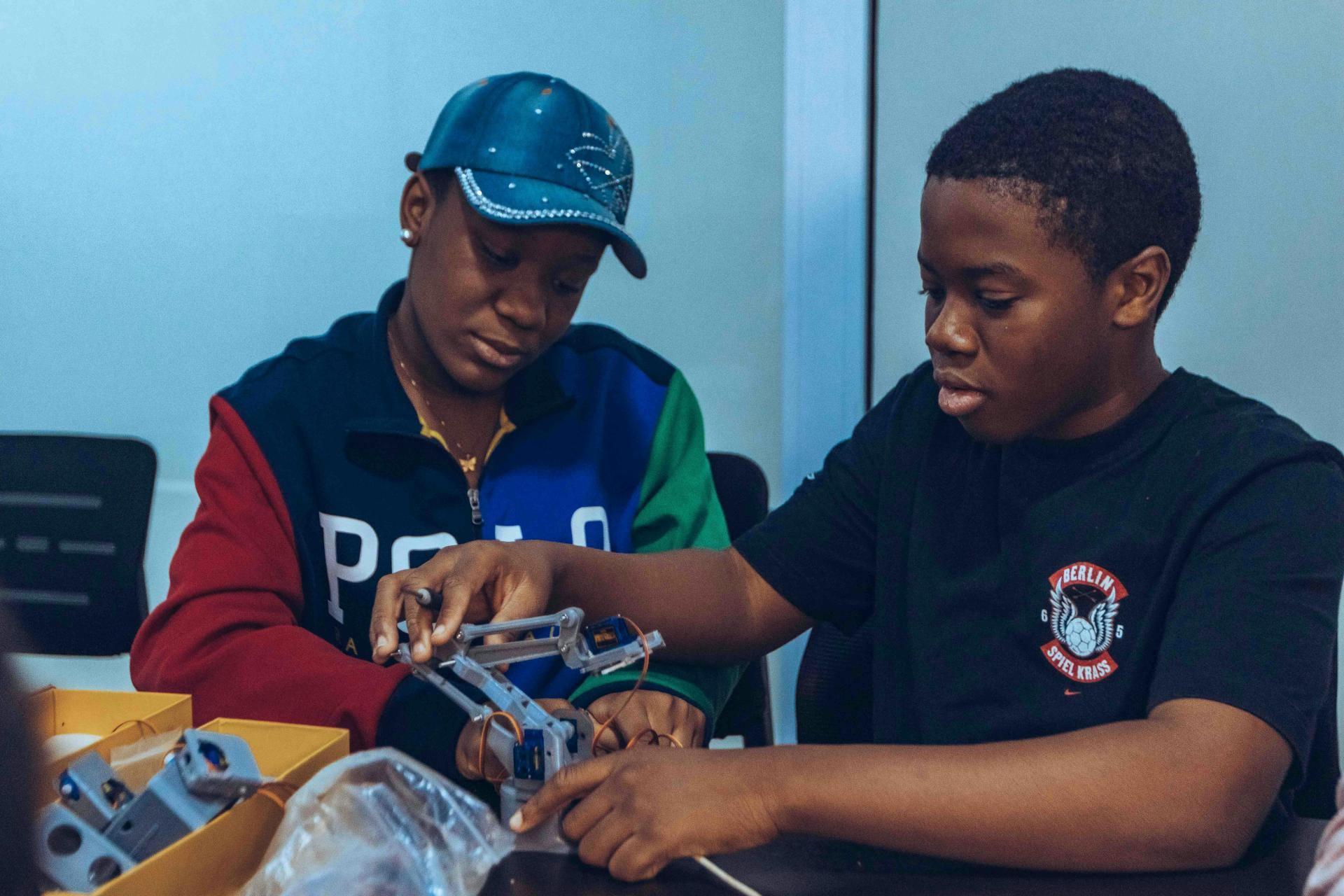SAVE Project

The Government of Malawi, with co-funding from the World Bank and its national government, is implementing a five-year, $100-million Skills for A Vibrant Economy (SAVE) Project, launched in October 2021. The initiative, led by the Ministries of Education and Labour, aims to enhance access to market-relevant skills development programs, especially for women, in priority sectors like agriculture, ICT, energy, and financial services. The project has three components: expanding higher education access and equity through financial aid and institutional performance agreements, increasing technical and vocational training (TEVET) capacity with scholarships and competitive grants, and strengthening tertiary education systems alongside effective project management and policy development.
The SAVE Project targets diverse beneficiaries, including over 45,000 higher education students, 65,000 TEVET trainees, and nearly 900 trainers, while benefiting over 110,000 secondary graduates, private sector firms, and 50+ tertiary institutions. Key activities include constructing facilities, enhancing faculty skills, increasing student financial aid, and fostering industry partnerships. The project also supports policy reforms, digital learning expansion, and robust monitoring and evaluation frameworks to ensure sustainable impacts. These measures align with Malawi's goal to bolster its human capital for economic transformation.
As one of Malawi's public higher education institutions, MUBAS is supported under Component 1 of the SAVE project: Supporting Increased Access to Skills Development Programs in Higher Education. This initiative seeks to address the country's socioeconomic and development challenges by creating opportunities for increased access, market relevance, and equity in skills training programs essential for a vibrant economy. The project's overarching goal is to improve the livelihoods of Malawians through skills development that enhances access, aligns with market demands, and promotes equity.
Therefore, for Malawi’s human capital development for a vibrant economy, equitable growth, and development, the implementation plan for the SAVE project at MUBAS outlines three key outputs (components) to achieve:
- increased access to skills training programs
- increased market relevance of skills training programs
- increased equity in skills training programs.




